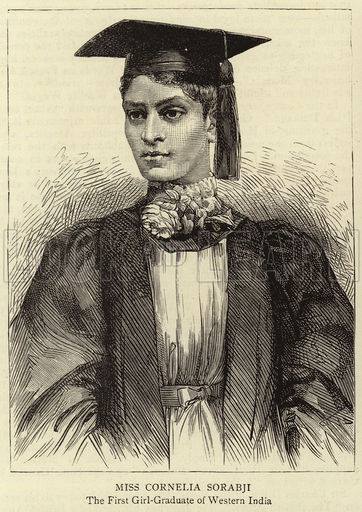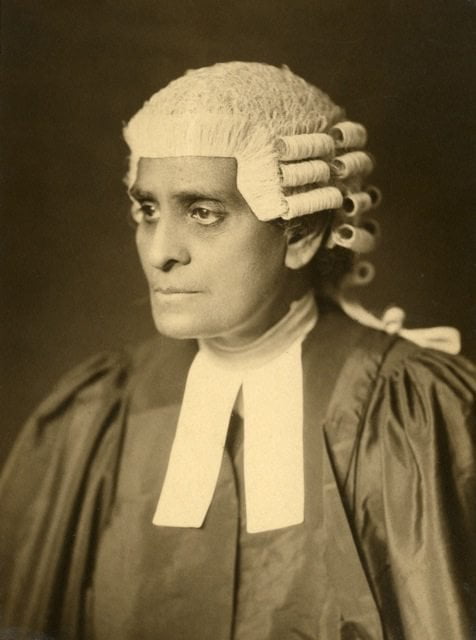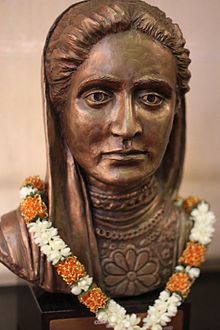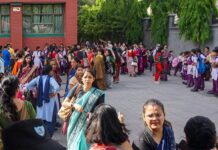We are living in an era where women are finally speaking up against the age-old patriarchal hegemony that has been suppressing them either covertly or overtly since times immemorial.
We raise our head with pride and walk with chin up, believing ourselves to be the liberated (or at least in the process of being so) women of the progressive 21st century.
And often we fall prey to the incorrect belief that we are more bold or fierce than the women who preceded us by a couple of centuries. If you too feel that it is only recently that women have begun snatching their rightful pie from the cake of privileges, then we intend to give you some food for thought with this woman’s story.

A Steely Woman With Razor Intellect
Cornelia Sorabji was born in 1866 in Nashik to Reverend Sorabji Karsedji and his wife Francina Ford and had eight other siblings. Her family dressed and loved like the Parsis, but had a deep-seated faith in Christianity.
Cornelia’s father recognized her intellectual prowess and urged the then Bombay administration to break away from the custom of not allowing the admission of girls, and thus Cornelia became the first woman to graduate from the prestigious Bombay University.
This was just the beginning of her awe-inspiring academic journey ahead. Cornelia initiated a number of firsts, in an era where women were confined within the four walls of the house, clad demurely behind purdah.

Also Read: How This 19th Century Woman From A Highly Conservative Family Became The First Female Autobiographer Of India
Her hardships had only begun. She topped her batch and was expectant of receiving a scholarship of studying in England. But, she was denied the opportunity, not because of any lacking in her merits, but simply due to the virtue of the fact that she was a woman!
Unnerved by the rejection, she took up the job as a professor, in a men’s college in Gujarat for two years. In 1888, she wrote to the National Indian Association, justly asking for funds for educating herself in England.
Her cause was forwarded and funded by prominent figures, one of whom was Florence Nightingale and she successfully enrolled herself in the Somerville College, Oxford, making herself the first woman to study at a British university.
The Wars She Fought And Won At Home
She returned to her homeland in 1894 and plunged herself into working for and fighting for the rights of purdahnashins, women who were supposed to live in the purdah and forbidden from communicating with men.
Despite this, she wasn’t in a position to take their case to the court, owing to the ban that disallowed women to work as barristers and could do so only in 1925, when the prohibition was lifted.

Cornelia went on to practice law in Kolkata thereafter. It is noteworthy that she also worked for around 600 children and women’s rights through the course of her life, often without a fee, until her death in 1954.
A woman who battled the unjust customs single-handedly, got her name embossed in the hearts of hundreds and thousands and set a legacy for innumerable women for the upcoming generations certainly deserves more recognition and reverence. It is time that she is brought out of the yellowed and forgotten pages of history and given her rightful pedestal.
Image Sources: Google Images
Sources: Feminism in India, The Better India, Independent
Connect With Blogger At: @Rhetorician_rc
Other Recommendations:
Why ISRO’s Chandrayaan-2 Setback Is A Defining Success Story For India

































